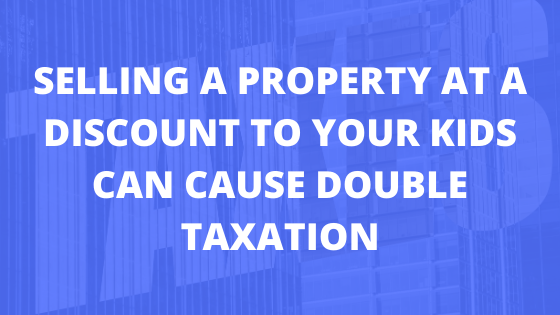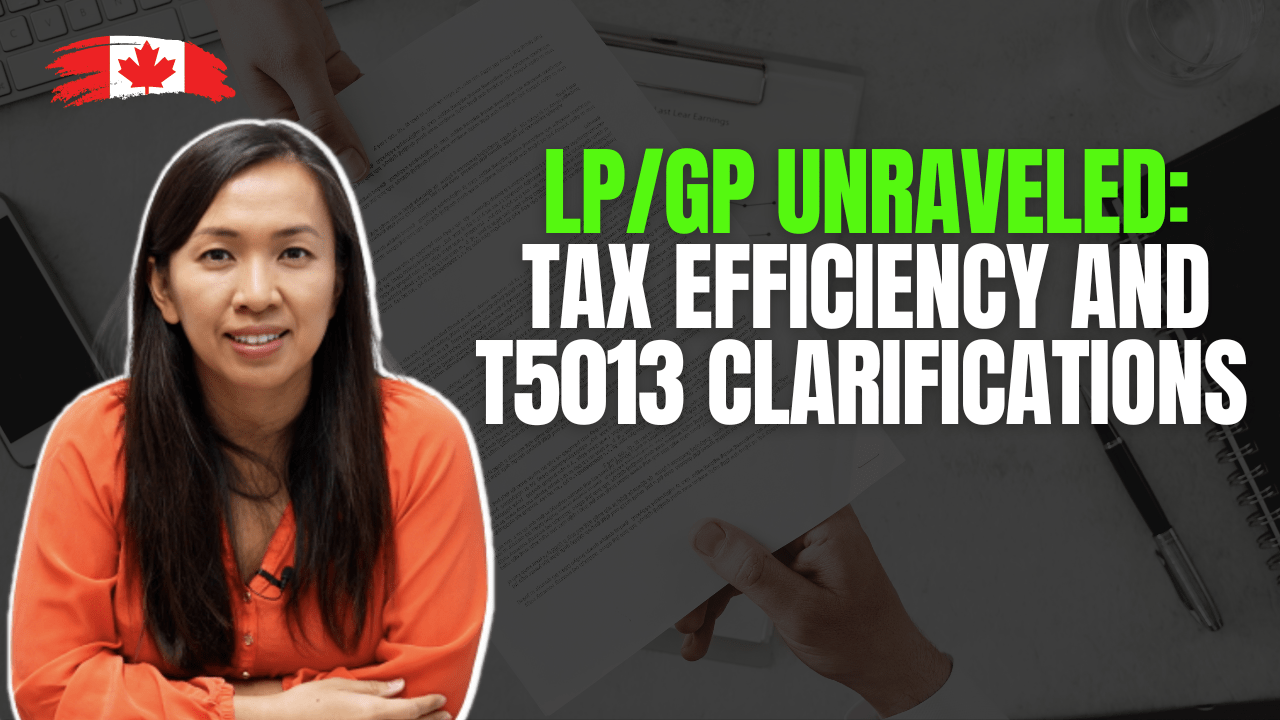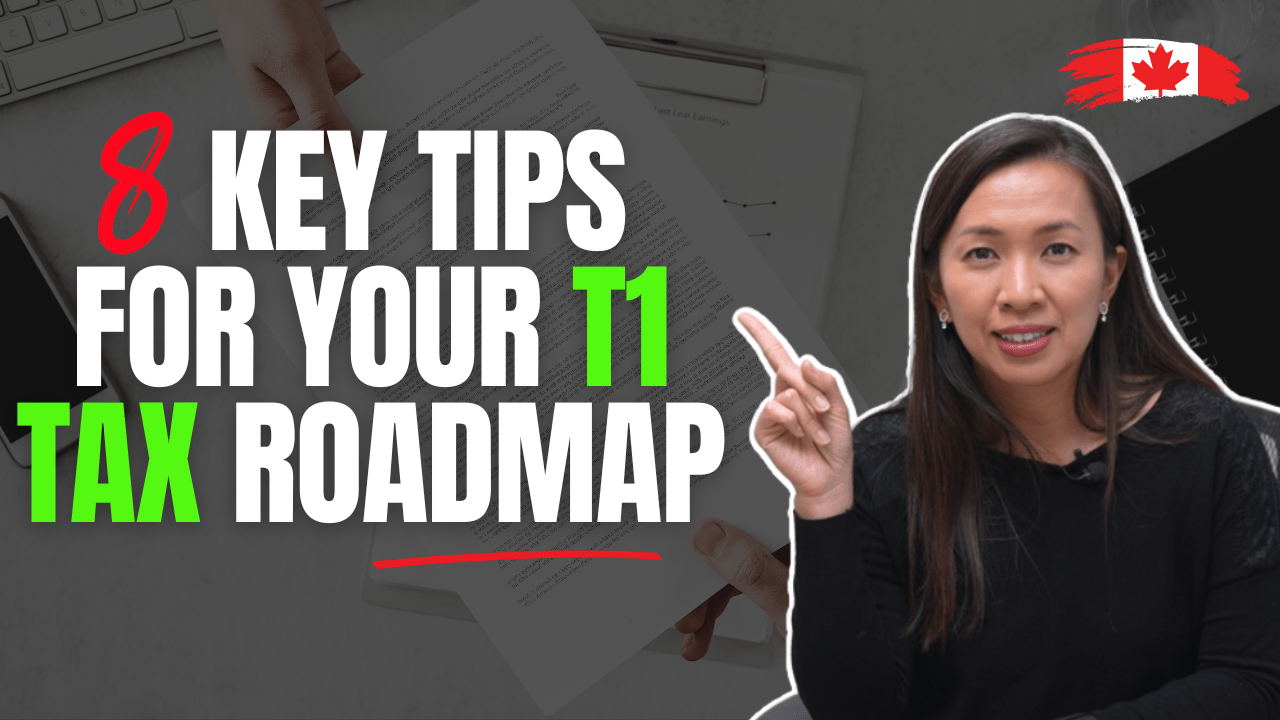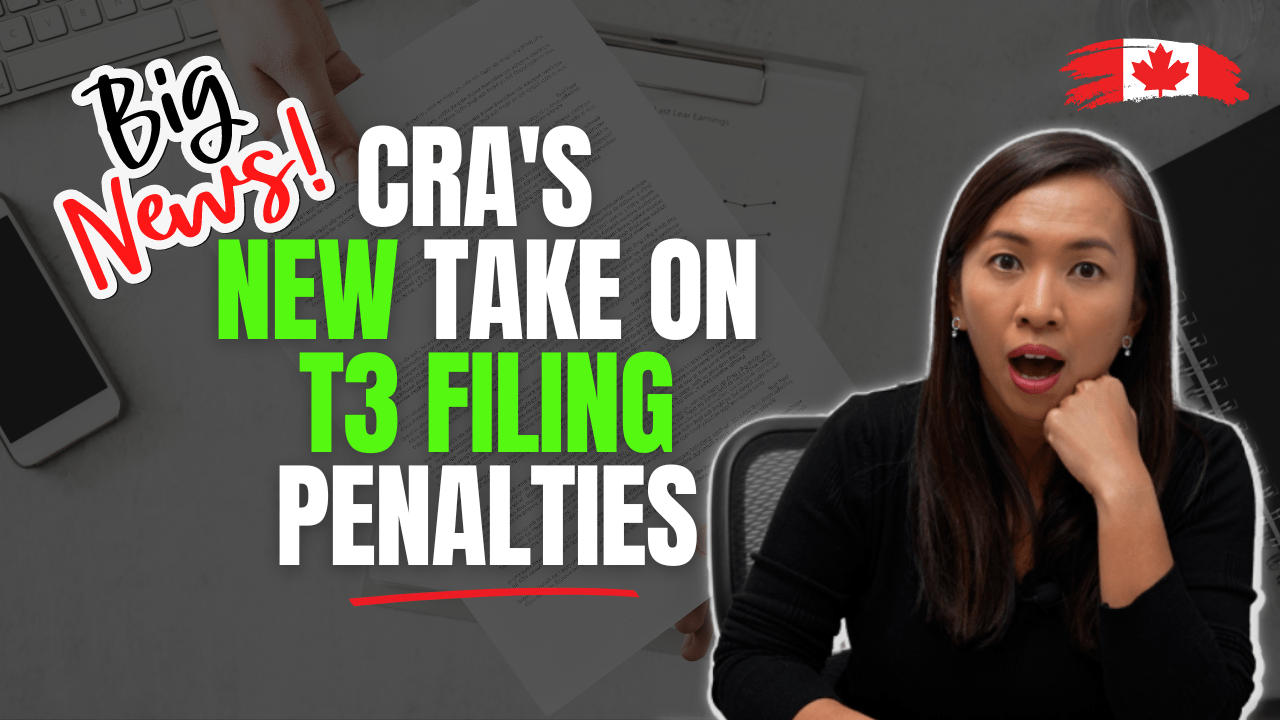It was a fun and interesting week last week.
We originally planned to go up north, and spend some time at our friend’s cottage. Things changed last minute and we cancelled our trip.

Since I had the entire week blocked off for vacation, I figured it would be nice to keep it off and enjoy my staycation.
Erwin recently picked up golf and has been playing every week. I golfed, but hadn’t played for a long time.
Erwin and I are value hunters. He had been buying coupons off some golf websites to get better golf rates at different clubs. We finally ended up ordering a thick coupon book to take advantage of all these great golf courses nearby.
Golf is a humbling game. The more you play, the more you realize that you need to practice.
So we started doing a few practice swings in our backyard.
One of my favourite parenting quotes – “Children close their ears to advice but open their eyes to example.”
Seeing us practicing inspired my son to ask me later, ‘Mommy, can I practice golf in the backyard today?’
It’s cute and sweet. Also goes to reinforce my life mantra – “lead by example”.
Lead by example is my life mantra and my parenting mantra. 😊
Many of us invest because we want to have financial freedom. We want to be able to provide for our kids’ future education. We want to have enough for our own retirement and still have some left for our children.
Recently, I met with a prospect who’s a widowed mom and decided earlier on that real estate investing would fund her retirement.
She went on to purchase a couple of investment properties and she would like to sell one of these properties to her son at below market value.
What would the tax implication be when you sell a property at a price significantly lower than fair market value?
Well… just like everything else in the Income Tax Act, it can get complicated.
Mom’s tax implication
When mom sells a property to her son at below fair market value, the property would still be deemed to dispose at fair market value.
Let’s use an example to explain.
Mom purchased the property for $200K and has been using the property exclusively as a rental property.
Current fair market value of the property is $500K.
Mom would like to sell to her son for $300K.
In this example, the Income Tax Act would deem to have the property disposed of at fair market value.
In other words, mom’s deemed sale price = $500K.
Mom’s purchase cost is $200K.
Mom would need to pay tax on the $300K capital gain.
Son’s tax implication
Son purchases the property for $300K.
He would need to pay land transfer tax on $300K. Ontario land transfer tax on this $300K purchase would have been $2,975.
If property is located in Toronto, son would need to pay double.
Son’s adjusted cost base acquiring this property is $300K + $2975 + legal fees, say $2,000 = $304,975.
If he keeps it as a rental property and eventually sell the property for $600K, the capital gain is calculated as the following:
$600,000 – $304,975 = $295,025.
If you’re following along, you may wonder…hey, mom just paid taxes based on the sale price of $500K.
So the tax between $500K and $300K (the transfer price) would have been taxed one in mom’s return.
Why is the son taxed again?
Unfortunately, transferring the property at below fair market value would result in double taxation.
Son would have to pay taxes again on capital gain that mom has already paid tax on.
Sucks!
Solution?
If mom is able to gift the property outright, the adjusted cost base (tax cost) to son would have been the fair market value. No land transfer tax is triggered as the gift is given out of love and affection. 😊
If that isn’t an option, and the son’s intended use is to live in the property until it is sold, mom can still sell the property at $300K as intended and not get double taxed.
If that isn’t the case, make sure you consult with a professional to calculate the cost and benefit analysis for each option.
Until next time, happy Canadian Real Estate Investing.
Cherry Chan, CPA, CA
Your Real Estate Accountant






Our Life Financial
Hi Cherry, thanks for this informative post as always! Basically, what I’m learning from this is that it’s better to “gift” a property rather than sell it at a reduced price, particularly for the son/daughter receiving the gift. I was under the assumption that if property is gifted, and then later sold by the son/daughter, they would pay capital gains on the entire value of the property because it was gifted rather than sold to them, but this post proves otherwise.
Cherry Chan
Gifting means there’s nothing in return. In my example, it is selling it at a price that’s determined by mom.
Gifting has a completely different set of tax implication. 🙂
Hope this helps.
Linda Plater
Hi Cherry, Could you write about mom and son being co-owners of a property from the get go? How is this contrasted with the above scenario? What if the property is 100% investment (mom never living in it) or the son lives in it with buddies / student rental? Could you compare and contrast several cases?
Thx!
Linda
Cherry Chan
This is a complicated situation including personal used property, deemed disposition and primary residence. It’s better to sit down and have a proper consultation on this specific situation.
Angela Peng
Hi, Sherry,
Thanks for sharing the story.
If the property is gifted to the son, then only Mom will pay for the capital gain tax at $500K, the son will not pay transfer tax and capital gain tax if live in as primary residence, but will pay capital gain tax with the adjusted cost base, is this right?
Cherry Chan
If the property is gifted to the son out of love and affection, likely no transfer tax is triggered. Better check with a real estate lawyer on that one – as no accountants are the one executing on the land transfer tax.
Not sure what you meant by ” will pay capital gain tax with the adjusted cost base”….if son lives in it as primary residence and designate this property as such, chances are, the capital gain tax is sheltered by primary residence. No capital gain tax is triggered.
RobinHoodMortgages
Hi Cherry. Great article!! Thank you.
Let’s use the exact same scenario, but let’s say the mother initially purchased the property in a holding company. Then she also purchased a second property in the same holdco. Is it possible for the mother to pass just one of the properties to her son as a gift without triggering capital gains and land transfer taxes? If not, can they minimize the tax somehow?
Thanks.
Cherry Chan
Unfortunately, the only way to get a property out of HoldCo is by way of a sale.
Ferdi
Is it going to save tax if I rent out an investment property to my son way below fair market value (e.g. $250 per month) then my son rents out to a family at market rate (e.g. 2300 per month).